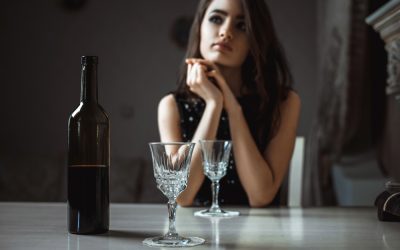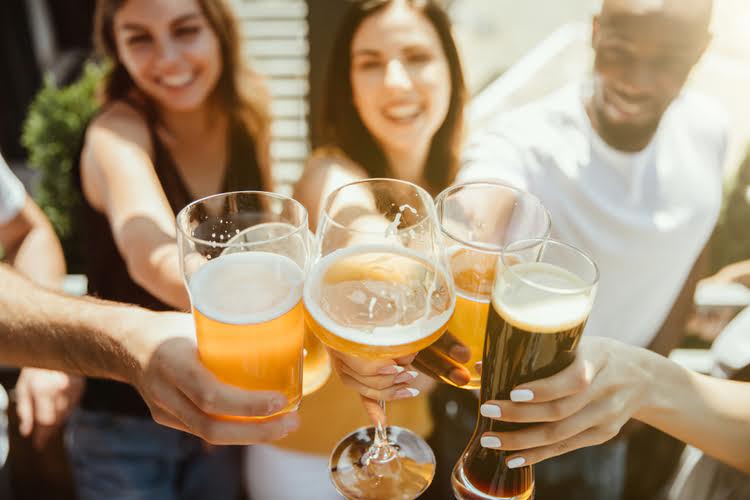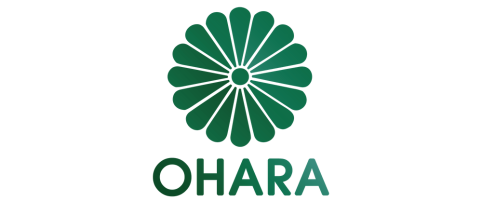Alcohol Abuse and Insomnia Disorder: Focus on a Group of Night and Day Workers PMC
They will also experience shorter periods of sleep, resulting in less restful sleep overall. 2020 research suggests that alcohol impacts the part of sleep known as rapid eye movement (REM). Drinking heavily over time can also disrupt the chemical messengers in the brain, which can affect sleep. While a drink now and then may have a sedative effect that causes you to drift off faster, research shows that it can impede sleep quality in the long run. If your drinking is impacting your sleep or overall quality of life, you may want to make a change.

Alcohol is classified as a central nervous system depressant, meaning it slows down brain activity. While “relaxed” may sound appealing, alcohol has also been shown to negatively alcohol causing insomnia affect sleep and other physiological processes that occur during sleep. Alcohol additionally reduces blood sugar, which can stress the body and trigger anxiety, Kim says.
Sleep Hygiene
The data were tested for normal distribution using the D’Agostino & Pearson omnibus normality test. Because of their normal distribution, statistical analysis was performed with a parametric test as reported. Differences in Alcohol Use Disorders Identification Test-Concise and Insomnia Severity Index scores between day and night workers were analyzed using Student’s two-tailed t-test for unpaired data. Some individuals find that alcohol consumption can trigger hot flashes and night sweats during menopause. However, more research is necessary to determine whether this is a common occurrence.
Statistics show that 5.3 percent of all people 12 and older in the U.S. have an alcohol use disorder.12 And many others might deal with problematic drinking, but fall into the gray area. All this is to say that “just quitting” isn’t always easy, even when alcohol use harms your sleep and well-being. Withdrawal symptoms are a whole different world than alcohol-induced sleep problems. Because on top of sleep disturbances, you can also experience anxiety, shakiness, headaches, brain fog, and a range of other detox symptoms.
Sleep duration, hypnotic drug use, and risk factors: cross- sectional study
These limitations reflect the fact that the studies generally were designed to focus on sleep outcomes rather than alcohol outcomes. Moreover, these studies varied in whether the patients were seeking or engaged in AUD treatment, and whether they were required to be abstinent at study start. The influence of alcohol on sleep architecture is partly attributable to its ability to modulate the activity of several chemicals responsible for nerve transmission. Alcohol acts in a dose-dependent manner by interfering with the action of gamma-aminobutyric acid (GABA) and glutamate, both of which play important roles in the regulation of sleep-wake rhythms [93,94].

Among substances of abuse, alcohol seems to play a crucial role in the genesis of these disorders [85,86]. For instance, we used self-reported alcohol consumption data and self-reported sleep data and therefore https://ecosoberhouse.com/ these measures may be at risk of reporting bias. The population may not be representative of all older adults in the UK and it is unlikely that the full spectrum of drinking behavior is represented.
Ways to avoid alcohol causing sleepiness
When you’re heading to bed after a long day, a few drinks can feel like the perfect way to get some shuteye. But the truth is, alcohol’s alleged “sleep-enhancing” benefits may not be all they’re cracked up to be. To understand the degree of insomnia, we also divided the sample populations in relation to total score categories and analysed the difference between day and night workers.

